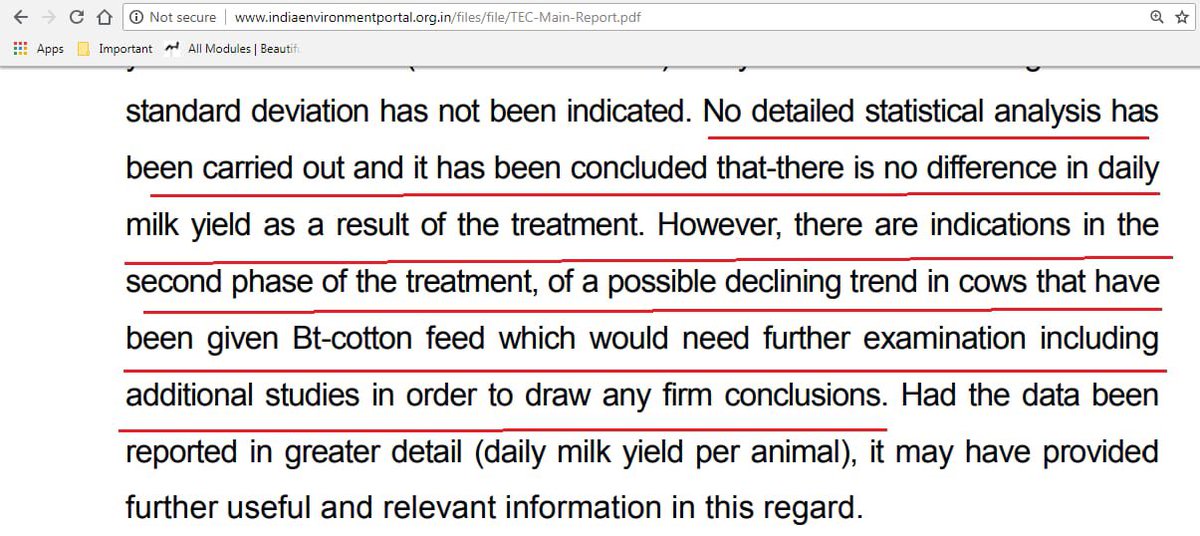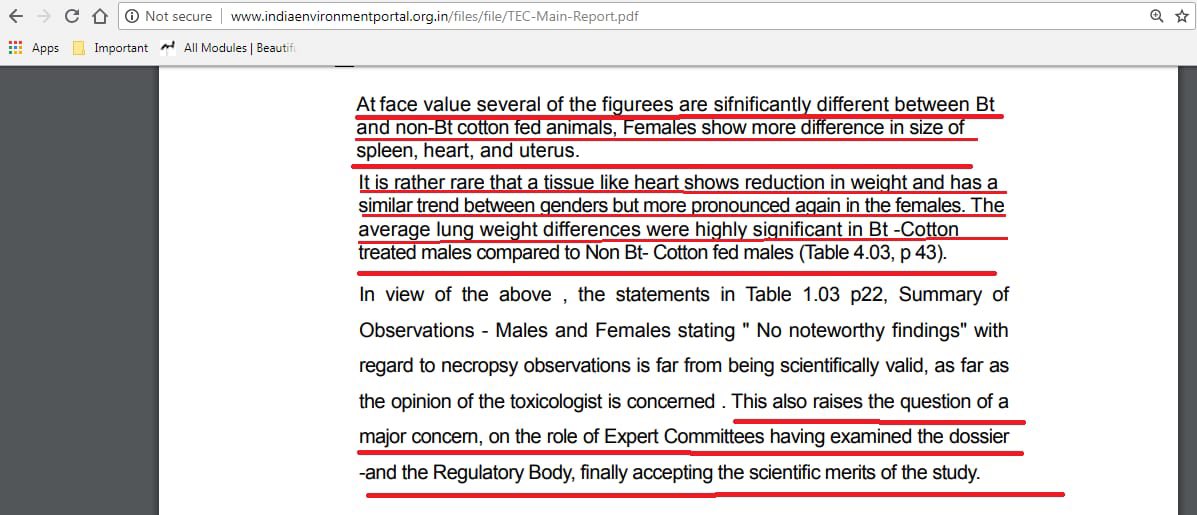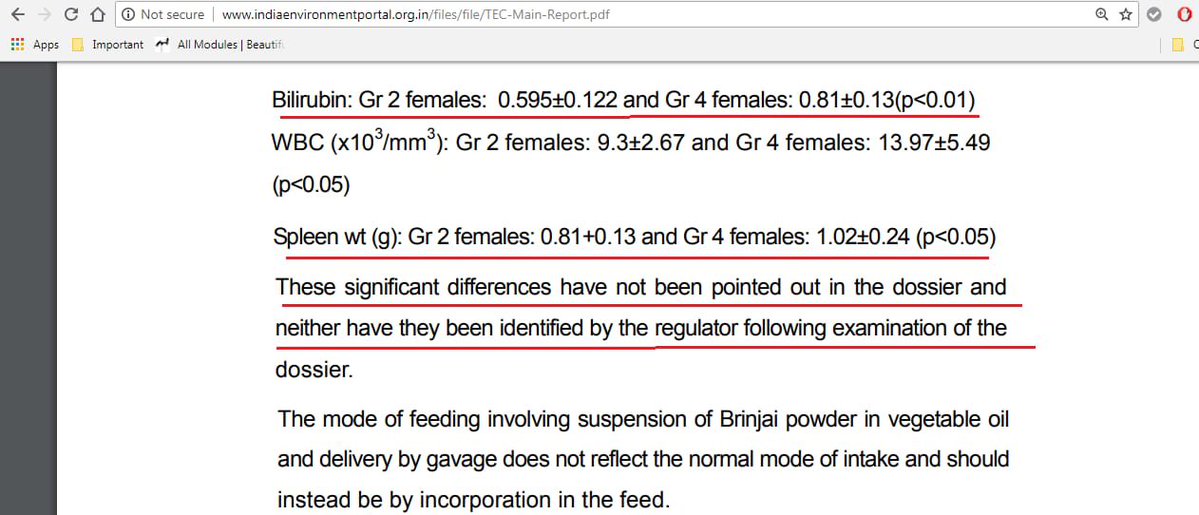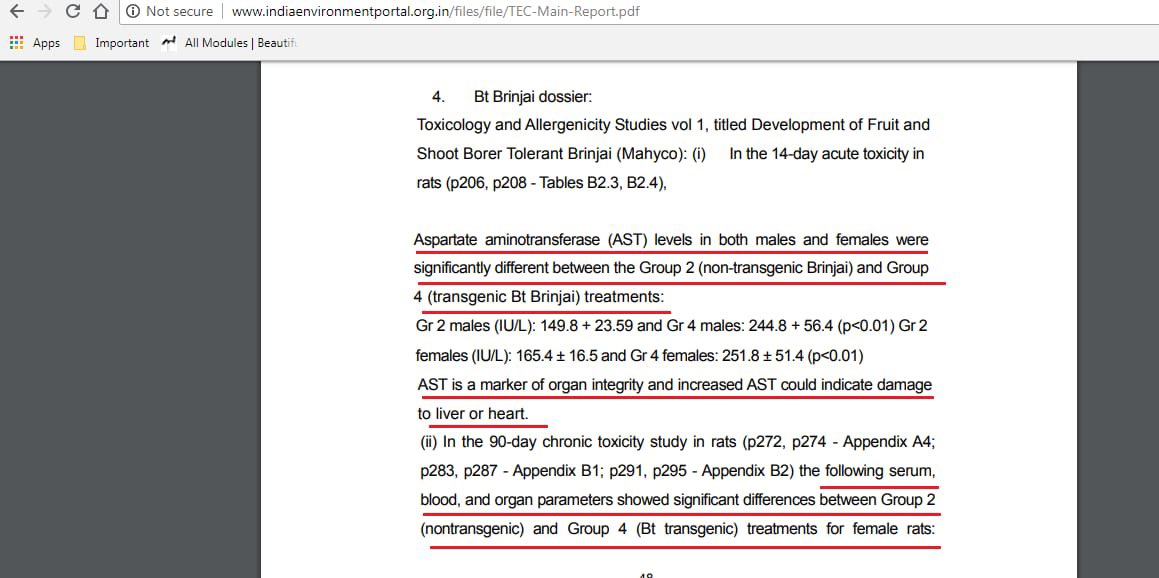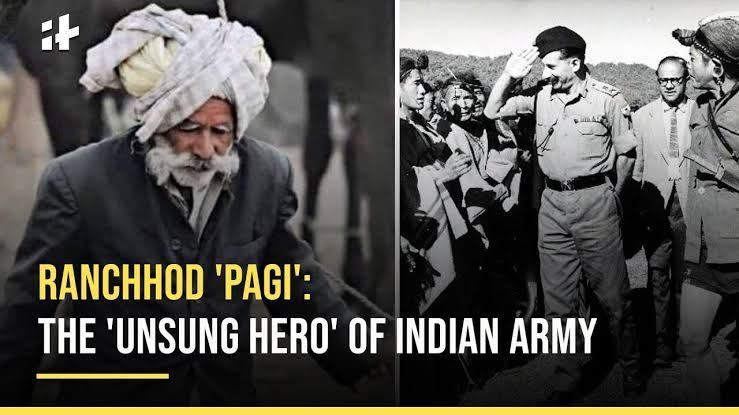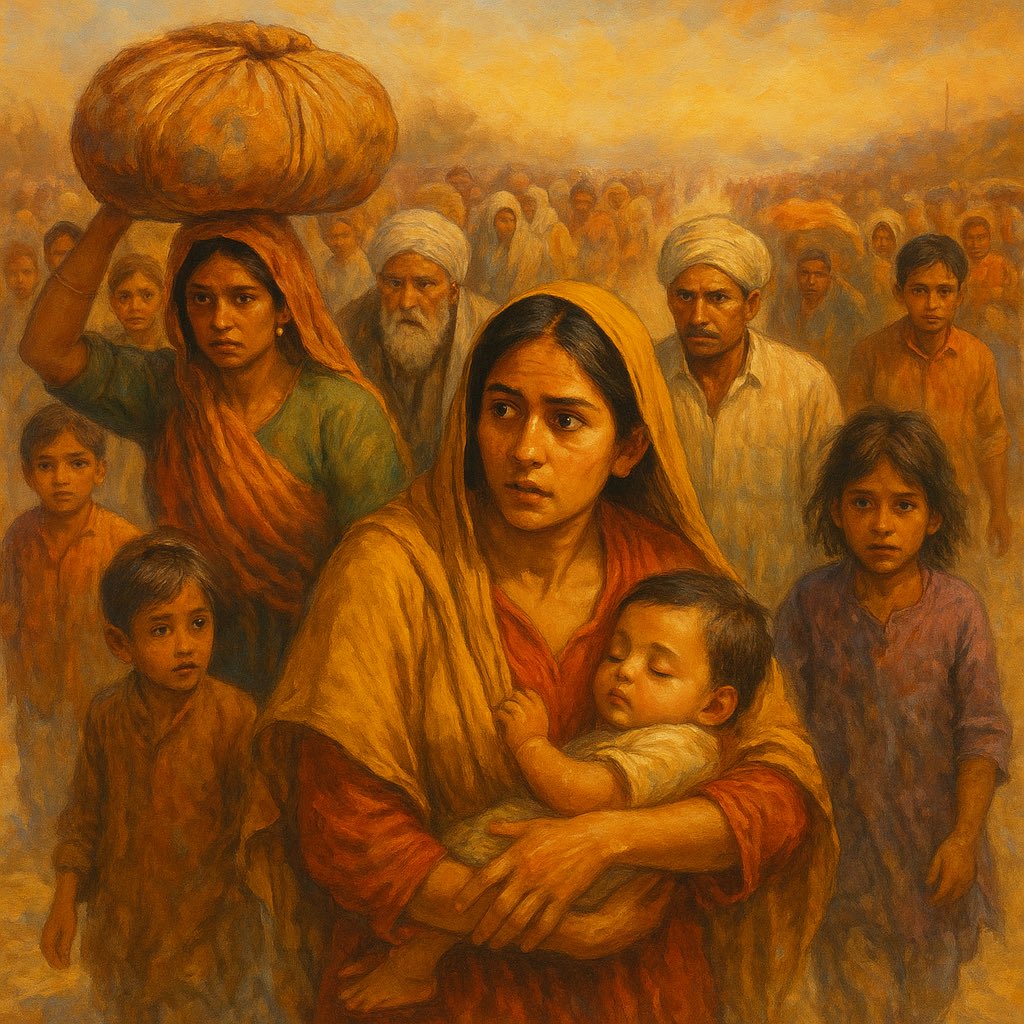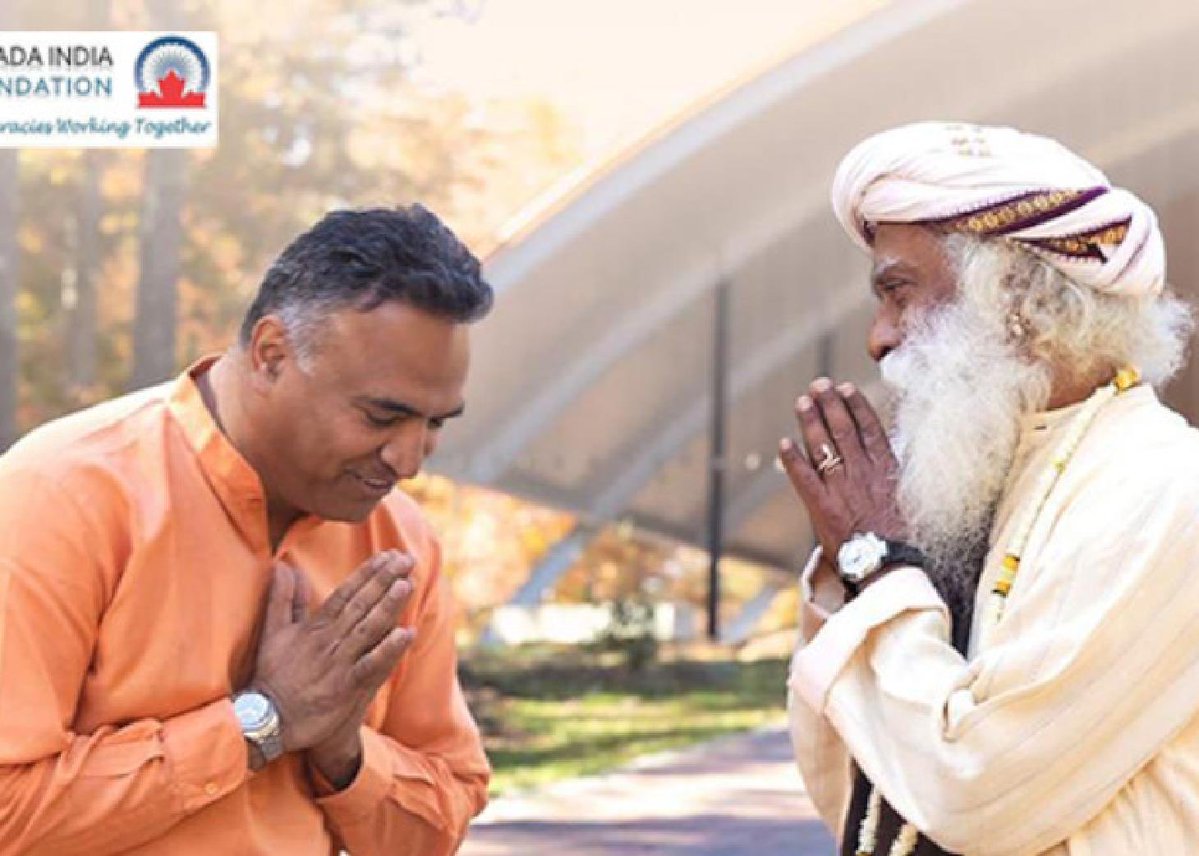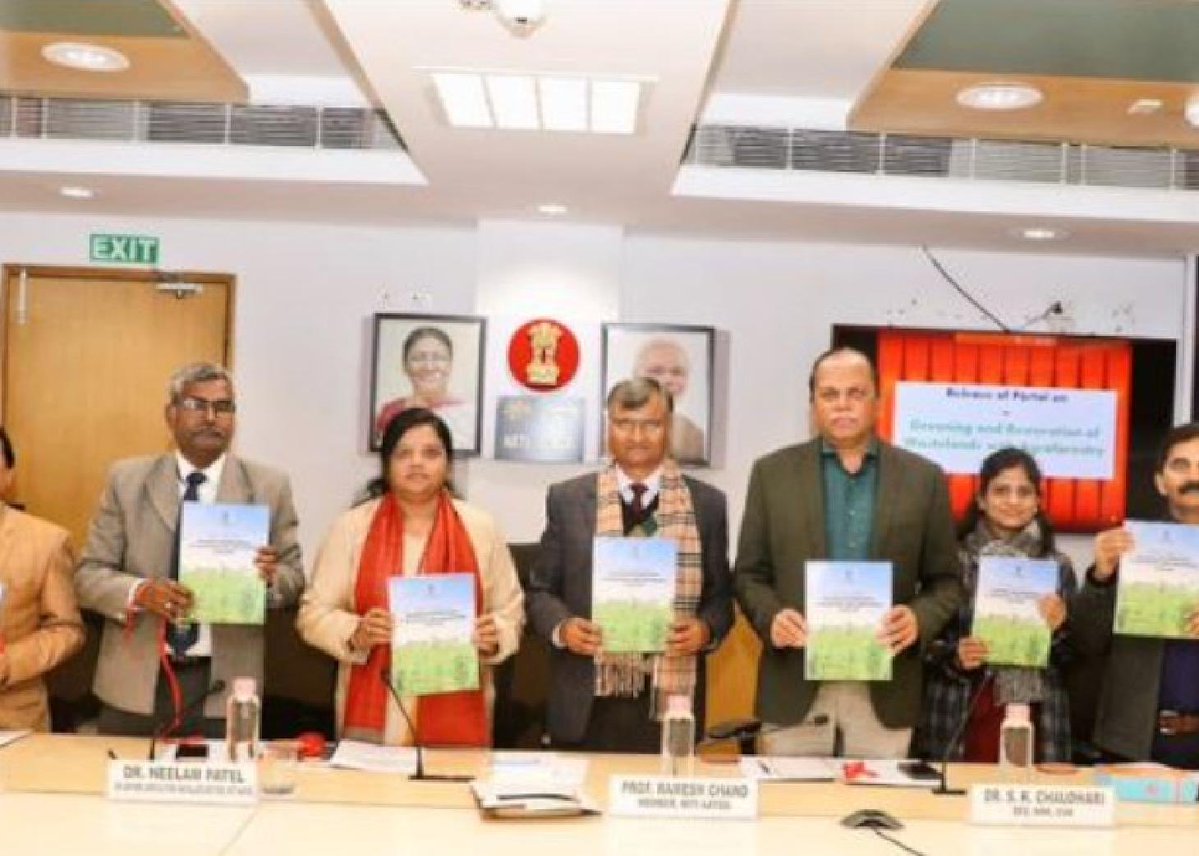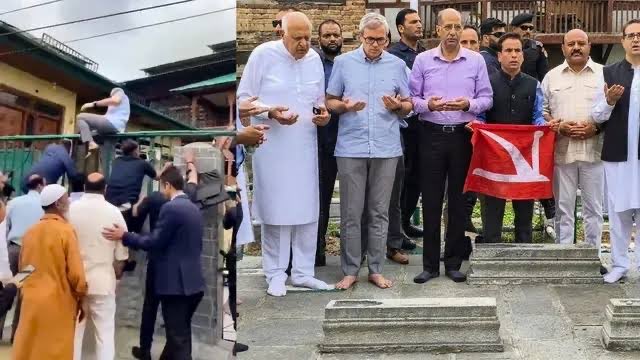⚔️ Dharma vs Ambition: Where One Stands
This thread will shake you. It holds a mirror to our politics, parenting, careers, and choices.
If you think betrayal is just history or just in politics, think again.
Are you living by Dharma, or disguising desire as duty?
Let’s begin 🧵👇
This thread will shake you. It holds a mirror to our politics, parenting, careers, and choices.
If you think betrayal is just history or just in politics, think again.
Are you living by Dharma, or disguising desire as duty?
Let’s begin 🧵👇
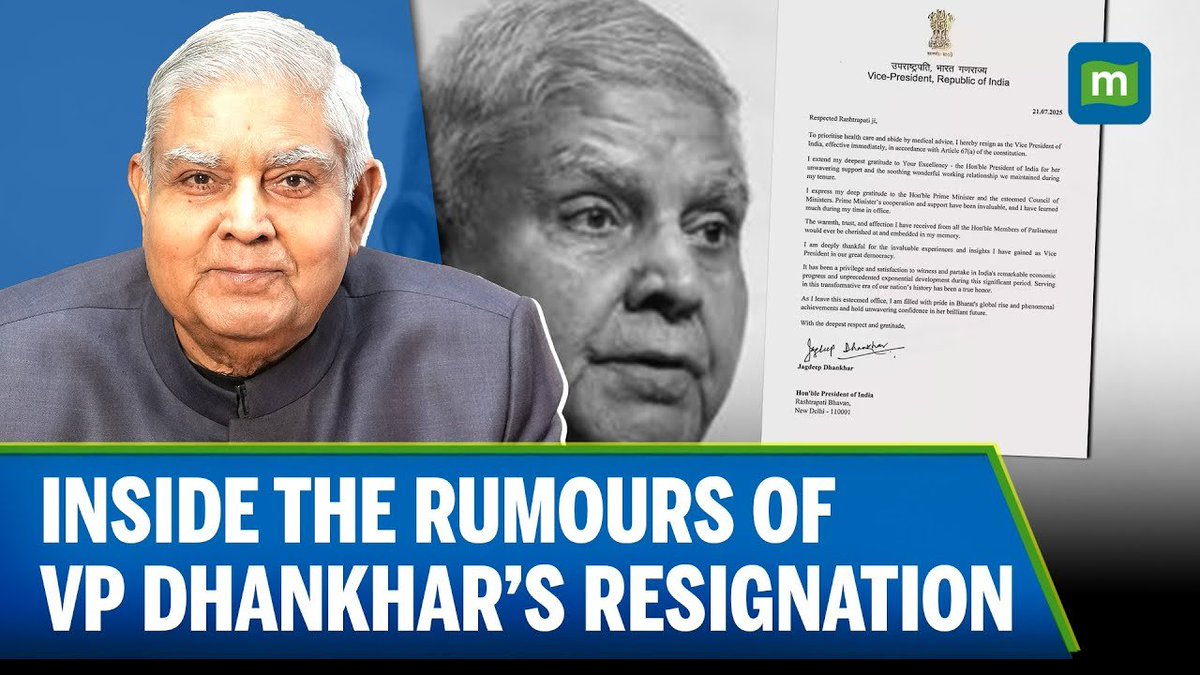
A Mirror for the Modern Man
We often read history like a book on a shelf. But what if it’s not a book, what if it’s a mirror? What if the betrayal within the Maratha Peshwa family that led to the fall of the greatest Hindu empire is no different than a CEO selling out his workers for a merger today? What if the illusion that “I’m right, and I deserve power” repeats like an echo in every office, every parliament, and even every home?
This is the story of our times. It begins in the past but leads straight to our present. It asks one simple question:
“Are we living by Dharma, or by desire?”
We often read history like a book on a shelf. But what if it’s not a book, what if it’s a mirror? What if the betrayal within the Maratha Peshwa family that led to the fall of the greatest Hindu empire is no different than a CEO selling out his workers for a merger today? What if the illusion that “I’m right, and I deserve power” repeats like an echo in every office, every parliament, and even every home?
This is the story of our times. It begins in the past but leads straight to our present. It asks one simple question:
“Are we living by Dharma, or by desire?”
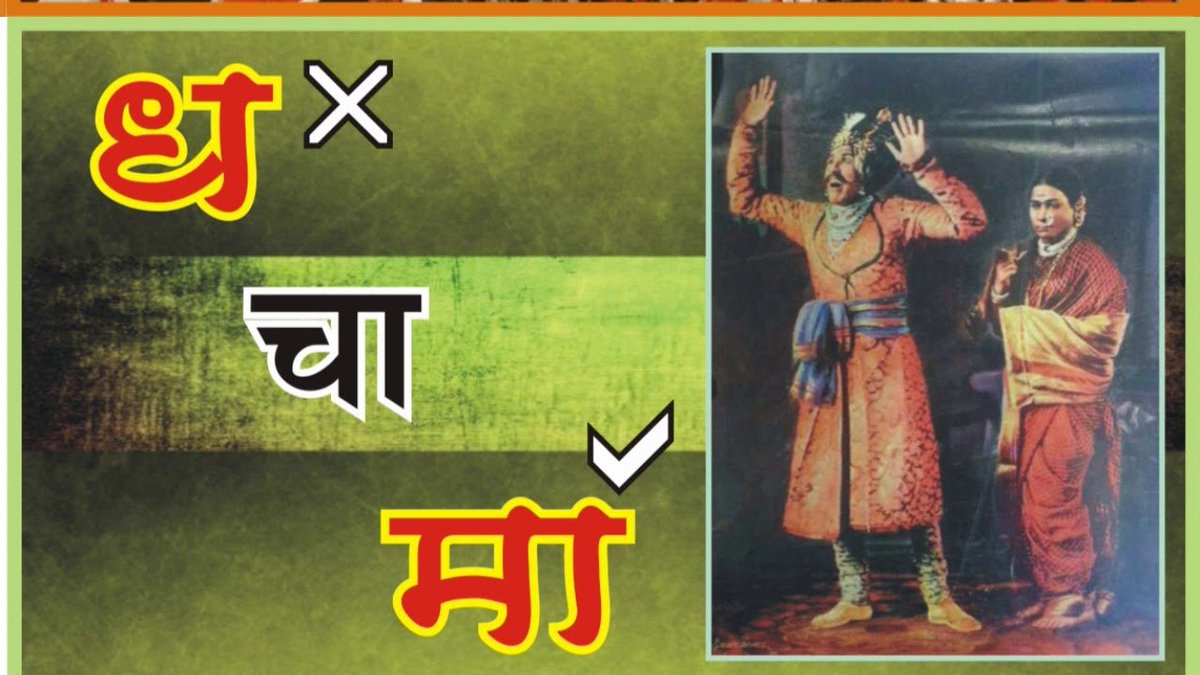
1. Ambition Without Dharma: From Peshwa Betrayal to Today’s Politicians
As the Maratha Empire stood at its peak, internal ambition began to poison its core. Members within the Peshwa family, hungry for individual power, began to ally with British officers and regional rivals. They convinced themselves it was necessary, that they were more capable leaders, and that the empire needed a shift.
But what followed was not glory, but the slow colonization of Bharat. The betrayal opened the gates for the British, who used these internal cracks to gain control over the entire subcontinent.
Today, the same drama plays out. We see leaders undermining dharmic figures, those who serve silently, work without craving credit, by painting them as outdated or ineffective. Power-hungry individuals whisper to foreign lobbies, adopt enemy narratives, or use media to assassinate character, not for the country, but for the chair.
Then and now, the mistake is the same: confusing ambition for service. Without svasthāna parijñāna, awareness of one’s true place, Adharma enters.
As the Maratha Empire stood at its peak, internal ambition began to poison its core. Members within the Peshwa family, hungry for individual power, began to ally with British officers and regional rivals. They convinced themselves it was necessary, that they were more capable leaders, and that the empire needed a shift.
But what followed was not glory, but the slow colonization of Bharat. The betrayal opened the gates for the British, who used these internal cracks to gain control over the entire subcontinent.
Today, the same drama plays out. We see leaders undermining dharmic figures, those who serve silently, work without craving credit, by painting them as outdated or ineffective. Power-hungry individuals whisper to foreign lobbies, adopt enemy narratives, or use media to assassinate character, not for the country, but for the chair.
Then and now, the mistake is the same: confusing ambition for service. Without svasthāna parijñāna, awareness of one’s true place, Adharma enters.
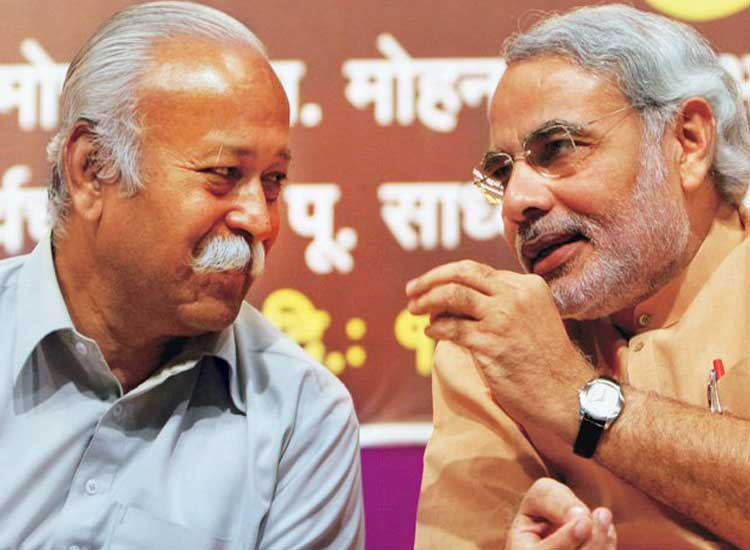
2. Parents as Kings: But Without Kingdom Vision
In our ancient Gurukul system, children were trained in life skills, values, self-discipline, and spiritual insight. A parent’s role was to guide the child toward self-awareness, not just success.
But today?
Parents outsource parenting. Coaching centres raise the child. Apps discipline them. AI replaces advice. And when a child falls, mentally, emotionally, or ethically, the parent is shocked.
Why? Because pareṅgita parigrahāṇa, the ability to see what’s influencing the child, is missing.
Instead of asking, “Is this child walking the path of Dharma?”, we ask, “Which rank did he get in NEET?”.
When education became business, schools stopped building humans and started building brands. Macaulay’s system continues, not by force now, but by choice. And no one is checking if the child still has a soul.
In our ancient Gurukul system, children were trained in life skills, values, self-discipline, and spiritual insight. A parent’s role was to guide the child toward self-awareness, not just success.
But today?
Parents outsource parenting. Coaching centres raise the child. Apps discipline them. AI replaces advice. And when a child falls, mentally, emotionally, or ethically, the parent is shocked.
Why? Because pareṅgita parigrahāṇa, the ability to see what’s influencing the child, is missing.
Instead of asking, “Is this child walking the path of Dharma?”, we ask, “Which rank did he get in NEET?”.
When education became business, schools stopped building humans and started building brands. Macaulay’s system continues, not by force now, but by choice. And no one is checking if the child still has a soul.
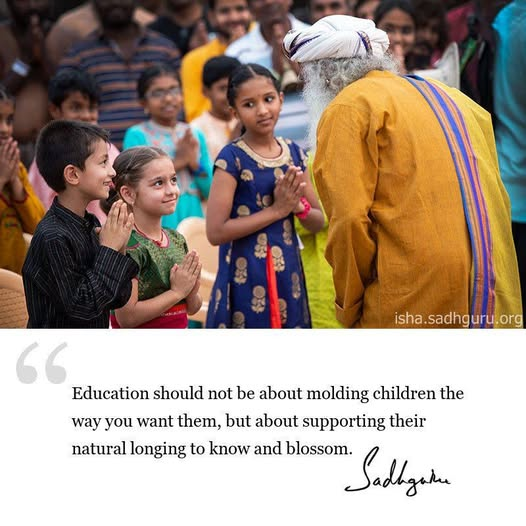
3. Corporate Slavery: New Chains, Same Colonizers
In British India, a handful of East India Company officials controlled millions. How? By offering jobs, clothes, spices, and positions, while draining the soul of the nation.
Today, many multinational giants are doing the same.
Your job in a tech giant may pay you well. But are you building tools that track people’s minds? Is your company farming data the way colonizers farmed land? Are you contributing to GMO crops that endanger biodiversity, or pharma lobbies that push untested drugs?
Svārtha niyaman, regulation of self-interest, is what’s missing.
We justify working for such corporations saying, “But I need money, I’m just a small cog.” That’s how every colonial clerk thought too. But the cog turns the wheel. And if the wheel is rolling toward Adharma, you’re part of it.
Today, various apps collect private data in the name of wellness or providing structure. Who controls this data? Who profits from your health?
This is digital colonization, and it’s happening in broad daylight.
In British India, a handful of East India Company officials controlled millions. How? By offering jobs, clothes, spices, and positions, while draining the soul of the nation.
Today, many multinational giants are doing the same.
Your job in a tech giant may pay you well. But are you building tools that track people’s minds? Is your company farming data the way colonizers farmed land? Are you contributing to GMO crops that endanger biodiversity, or pharma lobbies that push untested drugs?
Svārtha niyaman, regulation of self-interest, is what’s missing.
We justify working for such corporations saying, “But I need money, I’m just a small cog.” That’s how every colonial clerk thought too. But the cog turns the wheel. And if the wheel is rolling toward Adharma, you’re part of it.
Today, various apps collect private data in the name of wellness or providing structure. Who controls this data? Who profits from your health?
This is digital colonization, and it’s happening in broad daylight.
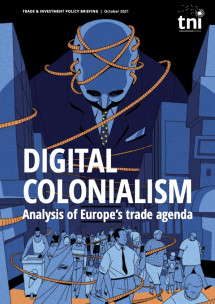
4. Medicine & Science: Knowledge Without Wisdom
In ancient Bharat, medicine was sacred. The Vaidya didn’t just cure, he healed. Ayurveda emphasized prakriti, satva, and samyam, balance.
Now, medicine is business. Big pharma decides what disease matters. Traditional cures are dismissed unless patented. Healing is less important than recurring prescriptions.
We saw how Western medicine, with colonial backing, sidelined Ayurvedic practices, just like Thomas Macaulay dismissed Indian education.
We didn’t resist. We complied.
In ancient Bharat, medicine was sacred. The Vaidya didn’t just cure, he healed. Ayurveda emphasized prakriti, satva, and samyam, balance.
Now, medicine is business. Big pharma decides what disease matters. Traditional cures are dismissed unless patented. Healing is less important than recurring prescriptions.
We saw how Western medicine, with colonial backing, sidelined Ayurvedic practices, just like Thomas Macaulay dismissed Indian education.
We didn’t resist. We complied.

5. Agriculture & GMOs: Seeds of Adharma
Remember when farmers saved seeds, knew the stars, spoke to soil?
Now? Patented GMO seeds. Contracts. Monoculture. Debt.
Just like colonial indigo farming, modern agriculture ties farmers to global corporations. The land may still be theirs, but the freedom isn’t.
Where is samānvaya dṛṣṭi, the vision to bring harmony between man and nature?
When the seed itself becomes a corporate product, the earth becomes a marketplace, not a mother.
Remember when farmers saved seeds, knew the stars, spoke to soil?
Now? Patented GMO seeds. Contracts. Monoculture. Debt.
Just like colonial indigo farming, modern agriculture ties farmers to global corporations. The land may still be theirs, but the freedom isn’t.
Where is samānvaya dṛṣṭi, the vision to bring harmony between man and nature?
When the seed itself becomes a corporate product, the earth becomes a marketplace, not a mother.
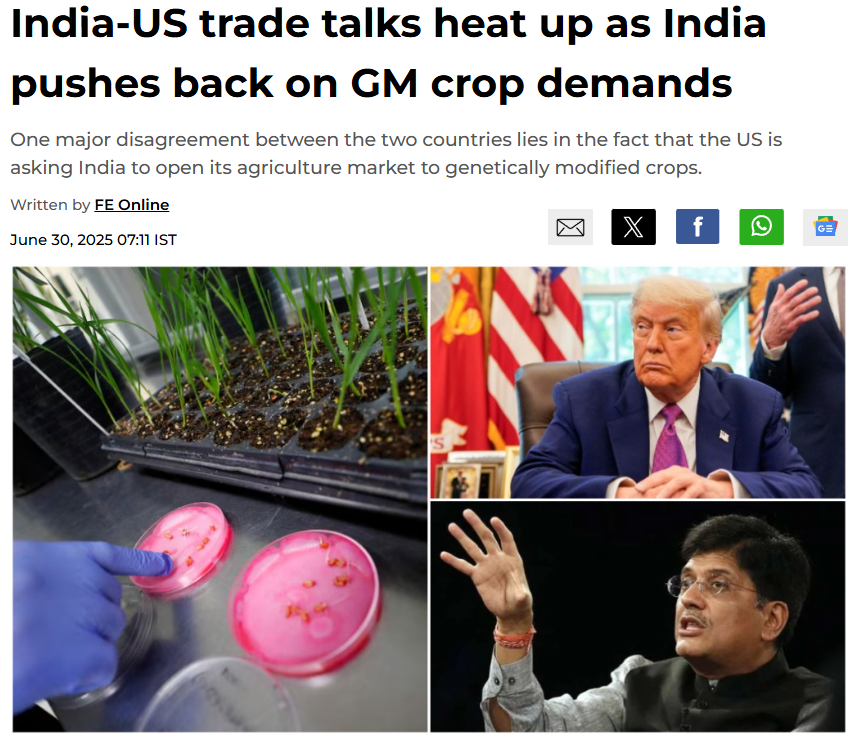
6. Education: From Gurukul to Grade Machines
Imagine a young student in Takshashila, learning from Panini. Education wasn’t a race; it was a transformation. The teacher didn’t chase results; he shaped souls.
Today? Education is judged by placements. A school is rated by how many engineers it produces, not whether it produces humans.
Parents push children into IIT coaching at 8. Some even pre-book coaching from age 5.
Sarasatā, finesse and emotional richness, is absent. Instead, we are raising machines, robots, that will either break down or break others. These robots are just an input material for the huge economic machine of the world profiting a select few.
Imagine a young student in Takshashila, learning from Panini. Education wasn’t a race; it was a transformation. The teacher didn’t chase results; he shaped souls.
Today? Education is judged by placements. A school is rated by how many engineers it produces, not whether it produces humans.
Parents push children into IIT coaching at 8. Some even pre-book coaching from age 5.
Sarasatā, finesse and emotional richness, is absent. Instead, we are raising machines, robots, that will either break down or break others. These robots are just an input material for the huge economic machine of the world profiting a select few.
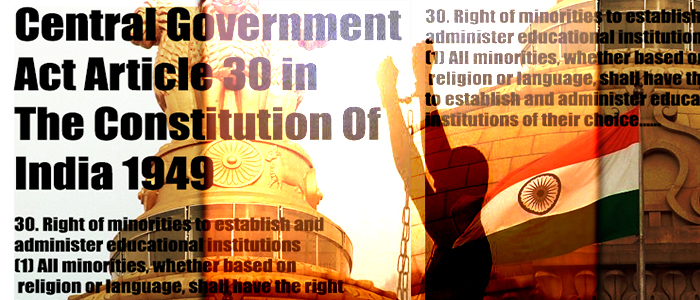
7. From Capitalism & Communism to a Dharmic Third Way
Dattopant Thengadi warned us: both capitalism and communism dehumanize. One exploits for profit. The other for power.
Both disconnect man from Dharma.
He proposed a “Third Way”, rooted in sva-dharma, decentralization, and cultural integrity. But we ignored him. We still chase Western models and mock Bharatiya wisdom.
And so, the cycle repeats. Leaders rise without Dharma. Companies grow without compassion. Parents nurture without awareness. And we justify it all in the name of success.
Dattopant Thengadi warned us: both capitalism and communism dehumanize. One exploits for profit. The other for power.
Both disconnect man from Dharma.
He proposed a “Third Way”, rooted in sva-dharma, decentralization, and cultural integrity. But we ignored him. We still chase Western models and mock Bharatiya wisdom.
And so, the cycle repeats. Leaders rise without Dharma. Companies grow without compassion. Parents nurture without awareness. And we justify it all in the name of success.
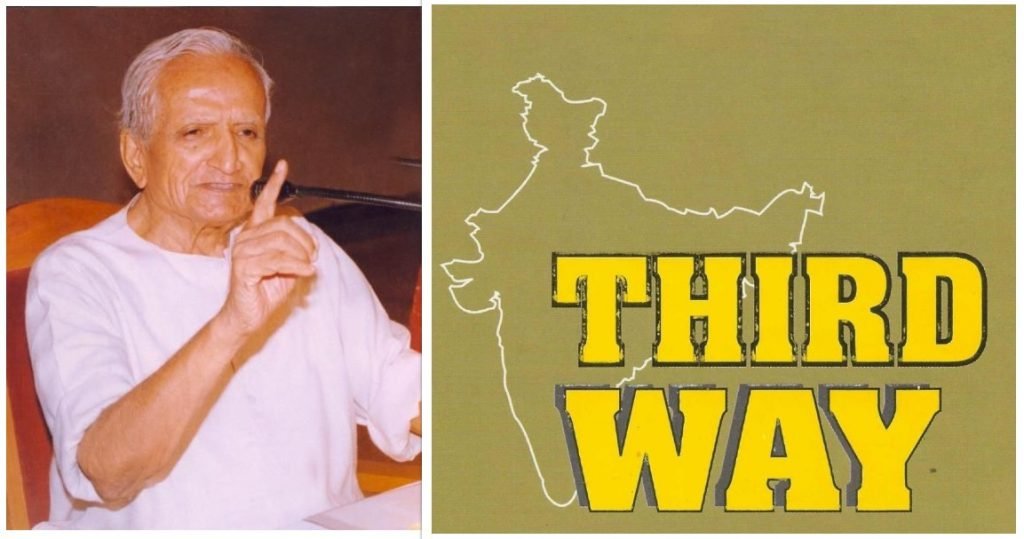
The Final Question: Are We Ready?
D. V. Gondappa gives the definition for a cultured man. He is not the one who speaks English or codes in Silicon Valley.
He is one who lives with:
• svasthāna parijñāna (knowing his place)
• pareṅgita parigrahāṇa(seeing through others’ motives)
• svārtha niyaman (controlling selfishness)
• samānvaya dṛṣṭi(seeking harmony)
• sarasatā (gentle, refined behavior)
D. V. Gondappa gives the definition for a cultured man. He is not the one who speaks English or codes in Silicon Valley.
He is one who lives with:
• svasthāna parijñāna (knowing his place)
• pareṅgita parigrahāṇa(seeing through others’ motives)
• svārtha niyaman (controlling selfishness)
• samānvaya dṛṣṭi(seeking harmony)
• sarasatā (gentle, refined behavior)
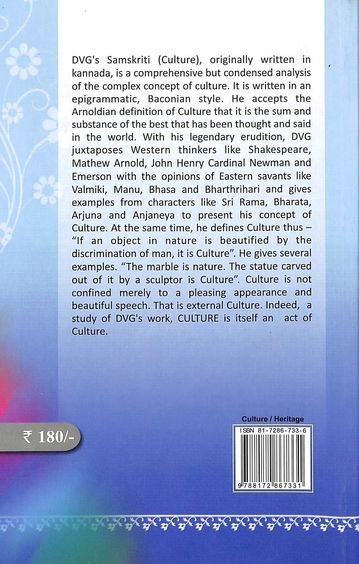
You don’t need to be a king or CEO. Even as a teacher, mother, farmer, coder, you can live dharmically.
But first, ask:
• Is my ambition aligned with Dharma?
• Is my child growing into a human, or just a degree holder?
• Am I building a world I’d be proud to pass down?
Or am I, like the Peshwas who betrayed their own, handing over our Dharma to the highest bidder, and then wondering why we are colonized?
History is not just to remember. It’s to recognize ourselves.
Because in the end, the battlefield, Kurukshetra or Panipat, is within us.
But first, ask:
• Is my ambition aligned with Dharma?
• Is my child growing into a human, or just a degree holder?
• Am I building a world I’d be proud to pass down?
Or am I, like the Peshwas who betrayed their own, handing over our Dharma to the highest bidder, and then wondering why we are colonized?
History is not just to remember. It’s to recognize ourselves.
Because in the end, the battlefield, Kurukshetra or Panipat, is within us.
Full Article:
🌿 ⚔️ Dharma vs Ambition🌿
A Mirror for the Modern Man
We often read history like a book on a shelf. But what if it’s not a book, what if it’s a mirror? What if the betrayal within the Maratha Peshwa family that led to the fall of the greatest Hindu empire is no different than a CEO selling out his workers for a merger today? What if the illusion that “I’m right, and I deserve power” repeats like an echo in every office, every parliament, and even every home?
This is the story of our times. It begins in the past but leads straight to our present. It asks one simple question:
“Are we living by Dharma, or by desire?”
1. Ambition Without Dharma: From Peshwa Betrayal to Today’s Politicians
As the Maratha Empire stood at its peak, internal ambition began to poison its core. Members within the Peshwa family, hungry for individual power, began to ally with British officers and regional rivals. They convinced themselves it was necessary, that they were more capable leaders, and that the empire needed a shift.
But what followed was not glory, but the slow colonization of Bharat. The betrayal opened the gates for the British, who used these internal cracks to gain control over the entire subcontinent.
Today, the same drama plays out. We see leaders undermining dharmic figures, those who serve silently, work without craving credit, by painting them as outdated or ineffective. Power-hungry individuals whisper to foreign lobbies, adopt enemy narratives, or use media to assassinate character, not for the country, but for the chair.
Then and now, the mistake is the same: confusing ambition for service. Without svasthāna parijñāna, awareness of one’s true place, Adharma enters.
2. Parents as Kings: But Without Kingdom Vision
In our ancient Gurukul system, children were trained in life skills, values, self-discipline, and spiritual insight. A parent’s role was to guide the child toward self-awareness, not just success.
But today?
Parents outsource parenting. Coaching centres raise the child. Apps discipline them. AI replaces advice. And when a child falls, mentally, emotionally, or ethically, the parent is shocked.
Why? Because pareṅgita parigrahāṇa, the ability to see what’s influencing the child, is missing.
Instead of asking, “Is this child walking the path of Dharma?”, we ask, “Which rank did he get in NEET?”.
When education became business, schools stopped building humans and started building brands. Macaulay’s system continues, not by force now, but by choice. And no one is checking if the child still has a soul.
3. Corporate Slavery: New Chains, Same Colonizers
In British India, a handful of East India Company officials controlled millions. How? By offering jobs, clothes, spices, and positions, while draining the soul of the nation.
Today, many multinational giants are doing the same.
Your job in a tech giant may pay you well. But are you building tools that track people’s minds? Is your company farming data the way colonizers farmed land? Are you contributing to GMO crops that endanger biodiversity, or pharma lobbies that push untested drugs?
Svārtha niyaman, regulation of self-interest, is what’s missing.
We justify working for such corporations saying, “But I need money, I’m just a small cog.” That’s how every colonial clerk thought too. But the cog turns the wheel. And if the wheel is rolling toward Adharma, you’re part of it.
Today, various apps collect private data in the name of wellness or providing structure. Who controls this data? Who profits from your health?
This is digital colonization, and it’s happening in broad daylight.
4. Medicine & Science: Knowledge Without Wisdom
In ancient Bharat, medicine was sacred. The Vaidya didn’t just cure, he healed. Ayurveda emphasized prakriti, satva, and samyam, balance.
Now, medicine is business. Big pharma decides what disease matters. Traditional cures are dismissed unless patented. Healing is less important than recurring prescriptions.
We saw how Western medicine, with colonial backing, sidelined Ayurvedic practices, just like Thomas Macaulay dismissed Indian education.
We didn’t resist. We complied.
5. Agriculture & GMOs: Seeds of Adharma
Remember when farmers saved seeds, knew the stars, spoke to soil?
Now? Patented GMO seeds. Contracts. Monoculture. Debt.
Just like colonial indigo farming, modern agriculture ties farmers to global corporations. The land may still be theirs, but the freedom isn’t.
Where is samānvaya dṛṣṭi, the vision to bring harmony between man and nature?
When the seed itself becomes a corporate product, the earth becomes a marketplace, not a mother.
6. Education: From Gurukul to Grade Machines
Imagine a young student in Takshashila, learning from Panini. Education wasn’t a race; it was a transformation. The teacher didn’t chase results; he shaped souls.
Today? Education is judged by placements. A school is rated by how many engineers it produces, not whether it produces humans.
Parents push children into IIT coaching at 8. Some even pre-book coaching from age 5.
Sarasatā, finesse and emotional richness, is absent. Instead, we are raising machines, robots, that will either break down or break others. These robots are just an input material for the huge economic machine of the world profiting a select few.
7. From Capitalism & Communism to a Dharmic Third Way
Dattopant Thengadi warned us: both capitalism and communism dehumanize. One exploits for profit. The other for power.
Both disconnect man from Dharma.
He proposed a “Third Way”, rooted in sva-dharma, decentralization, and cultural integrity. But we ignored him. We still chase Western models and mock Bharatiya wisdom.
And so, the cycle repeats. Leaders rise without Dharma. Companies grow without compassion. Parents nurture without awareness. And we justify it all in the name of success.
The Final Question: Are We Ready?
D. V. Gondappa gives the definition for a cultured man. He is not the one who speaks English or codes in Silicon Valley.
He is one who lives with:
• svasthāna parijñāna (knowing his place)
• pareṅgita parigrahāṇa(seeing through others’ motives)
• svārtha niyaman (controlling selfishness)
• samānvaya dṛṣṭi(seeking harmony)
• sarasatā (gentle, refined behavior)
You don’t need to be a king or CEO. Even as a teacher, mother, farmer, coder, you can live dharmically.
But first, ask:
• Is my ambition aligned with Dharma?
• Is my child growing into a human, or just a degree holder?
• Am I building a world I’d be proud to pass down?
Or am I, like the Peshwas who betrayed their own, handing over our Dharma to the highest bidder, and then wondering why we are colonized?
History is not just to remember. It’s to recognize ourselves.
Because in the end, the battlefield, Kurukshetra or Panipat, is within us.
🌿 ⚔️ Dharma vs Ambition🌿
A Mirror for the Modern Man
We often read history like a book on a shelf. But what if it’s not a book, what if it’s a mirror? What if the betrayal within the Maratha Peshwa family that led to the fall of the greatest Hindu empire is no different than a CEO selling out his workers for a merger today? What if the illusion that “I’m right, and I deserve power” repeats like an echo in every office, every parliament, and even every home?
This is the story of our times. It begins in the past but leads straight to our present. It asks one simple question:
“Are we living by Dharma, or by desire?”
1. Ambition Without Dharma: From Peshwa Betrayal to Today’s Politicians
As the Maratha Empire stood at its peak, internal ambition began to poison its core. Members within the Peshwa family, hungry for individual power, began to ally with British officers and regional rivals. They convinced themselves it was necessary, that they were more capable leaders, and that the empire needed a shift.
But what followed was not glory, but the slow colonization of Bharat. The betrayal opened the gates for the British, who used these internal cracks to gain control over the entire subcontinent.
Today, the same drama plays out. We see leaders undermining dharmic figures, those who serve silently, work without craving credit, by painting them as outdated or ineffective. Power-hungry individuals whisper to foreign lobbies, adopt enemy narratives, or use media to assassinate character, not for the country, but for the chair.
Then and now, the mistake is the same: confusing ambition for service. Without svasthāna parijñāna, awareness of one’s true place, Adharma enters.
2. Parents as Kings: But Without Kingdom Vision
In our ancient Gurukul system, children were trained in life skills, values, self-discipline, and spiritual insight. A parent’s role was to guide the child toward self-awareness, not just success.
But today?
Parents outsource parenting. Coaching centres raise the child. Apps discipline them. AI replaces advice. And when a child falls, mentally, emotionally, or ethically, the parent is shocked.
Why? Because pareṅgita parigrahāṇa, the ability to see what’s influencing the child, is missing.
Instead of asking, “Is this child walking the path of Dharma?”, we ask, “Which rank did he get in NEET?”.
When education became business, schools stopped building humans and started building brands. Macaulay’s system continues, not by force now, but by choice. And no one is checking if the child still has a soul.
3. Corporate Slavery: New Chains, Same Colonizers
In British India, a handful of East India Company officials controlled millions. How? By offering jobs, clothes, spices, and positions, while draining the soul of the nation.
Today, many multinational giants are doing the same.
Your job in a tech giant may pay you well. But are you building tools that track people’s minds? Is your company farming data the way colonizers farmed land? Are you contributing to GMO crops that endanger biodiversity, or pharma lobbies that push untested drugs?
Svārtha niyaman, regulation of self-interest, is what’s missing.
We justify working for such corporations saying, “But I need money, I’m just a small cog.” That’s how every colonial clerk thought too. But the cog turns the wheel. And if the wheel is rolling toward Adharma, you’re part of it.
Today, various apps collect private data in the name of wellness or providing structure. Who controls this data? Who profits from your health?
This is digital colonization, and it’s happening in broad daylight.
4. Medicine & Science: Knowledge Without Wisdom
In ancient Bharat, medicine was sacred. The Vaidya didn’t just cure, he healed. Ayurveda emphasized prakriti, satva, and samyam, balance.
Now, medicine is business. Big pharma decides what disease matters. Traditional cures are dismissed unless patented. Healing is less important than recurring prescriptions.
We saw how Western medicine, with colonial backing, sidelined Ayurvedic practices, just like Thomas Macaulay dismissed Indian education.
We didn’t resist. We complied.
5. Agriculture & GMOs: Seeds of Adharma
Remember when farmers saved seeds, knew the stars, spoke to soil?
Now? Patented GMO seeds. Contracts. Monoculture. Debt.
Just like colonial indigo farming, modern agriculture ties farmers to global corporations. The land may still be theirs, but the freedom isn’t.
Where is samānvaya dṛṣṭi, the vision to bring harmony between man and nature?
When the seed itself becomes a corporate product, the earth becomes a marketplace, not a mother.
6. Education: From Gurukul to Grade Machines
Imagine a young student in Takshashila, learning from Panini. Education wasn’t a race; it was a transformation. The teacher didn’t chase results; he shaped souls.
Today? Education is judged by placements. A school is rated by how many engineers it produces, not whether it produces humans.
Parents push children into IIT coaching at 8. Some even pre-book coaching from age 5.
Sarasatā, finesse and emotional richness, is absent. Instead, we are raising machines, robots, that will either break down or break others. These robots are just an input material for the huge economic machine of the world profiting a select few.
7. From Capitalism & Communism to a Dharmic Third Way
Dattopant Thengadi warned us: both capitalism and communism dehumanize. One exploits for profit. The other for power.
Both disconnect man from Dharma.
He proposed a “Third Way”, rooted in sva-dharma, decentralization, and cultural integrity. But we ignored him. We still chase Western models and mock Bharatiya wisdom.
And so, the cycle repeats. Leaders rise without Dharma. Companies grow without compassion. Parents nurture without awareness. And we justify it all in the name of success.
The Final Question: Are We Ready?
D. V. Gondappa gives the definition for a cultured man. He is not the one who speaks English or codes in Silicon Valley.
He is one who lives with:
• svasthāna parijñāna (knowing his place)
• pareṅgita parigrahāṇa(seeing through others’ motives)
• svārtha niyaman (controlling selfishness)
• samānvaya dṛṣṭi(seeking harmony)
• sarasatā (gentle, refined behavior)
You don’t need to be a king or CEO. Even as a teacher, mother, farmer, coder, you can live dharmically.
But first, ask:
• Is my ambition aligned with Dharma?
• Is my child growing into a human, or just a degree holder?
• Am I building a world I’d be proud to pass down?
Or am I, like the Peshwas who betrayed their own, handing over our Dharma to the highest bidder, and then wondering why we are colonized?
History is not just to remember. It’s to recognize ourselves.
Because in the end, the battlefield, Kurukshetra or Panipat, is within us.
• • •
Missing some Tweet in this thread? You can try to
force a refresh



